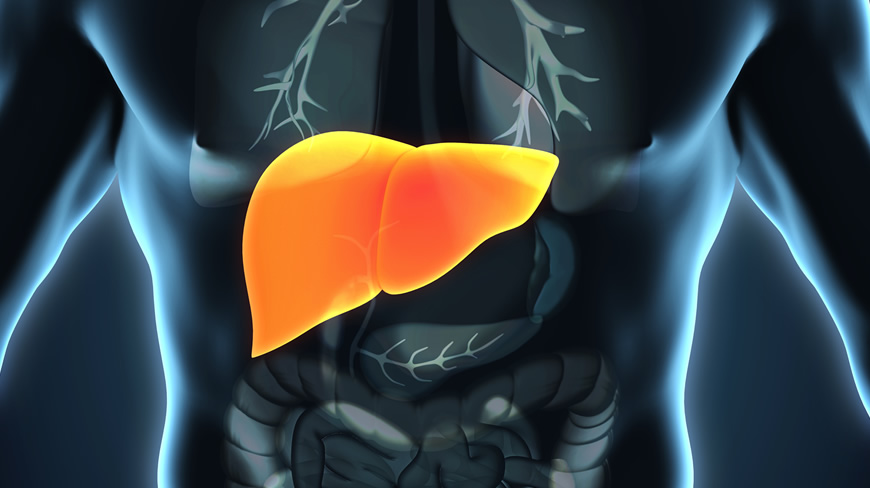8 signs your child needs a gluten-free diet

The gluten is everywhere. Breads, sauces, even shampoos. If your child is intolerant to gluten, it can drastically affect his health and behavior. If you suspect that he is gluten intolerant or just not sure what your child’s crisis is, consider these signs of gluten intolerance and treat him on a gluten-free diet to see if symptoms improve.

Table of Contents
8 signs your child needs a gluten-free diet.
As much as 15 percent of the population may be gluten intolerant, which means they should avoid products made from wheat, rye, spelled and barley.
Other grain products such as corn and oats can be eaten if they are uncontaminated. Grains are often processed on the same equipment as wheat. So, if your child is intolerant, check the gluten-free certification.
1. Gas, bloating, diarrhea, or constipation.
Gluten intolerance wreaks havoc on the digestive system.
2. Fatigue and brain fog.
After eating a gluten-filled meal, your child may feel weak and out of focus.
3. Dizziness.
Gluten can cause your child to suffer from imbalances or dizziness and other neurological symptoms.
4. Migraines.
Wheat is a major migraine trigger. Those who are sensitive to gluten are susceptible to migraines from eating wheat or gluten.
5. Mood problems.
Anxiety, depression, mood swings, and even attention deficit/hyperactivity disorder can all be caused by gluten.
6. Arms with hard, scaly skin.
A condition called keratosis pilaris (or goose bumps) can occur on the child’s back, arms, or cheeks. This is a result of a fatty acid deficiency and vitamin A deficiency derived from poor absorption of fat caused by gluten damaging the intestine.
7. Hormonal imbalance.
If your daughter is going through puberty, gluten consumption may impact her period.
8. Inflammation.
Gluten can cause inflammation and pain in the joints.
If you suspect your child is gluten intolerant, consider testing for celiac disease. However, the best way to determine if your child is intolerant (since the celiac test is very unreliable) is to go on an elimination diet.
Eliminate gluten from your diet for three weeks and see if your symptoms improve. This not only diagnoses gluten intolerance; it is treatment as well.
Once you’ve determined that your child is gluten intolerant, you’ll want to eliminate him from his diet 100 percent. Ask about gluten-free menus when you eat out and buy only certified gluten-free products for your child.


